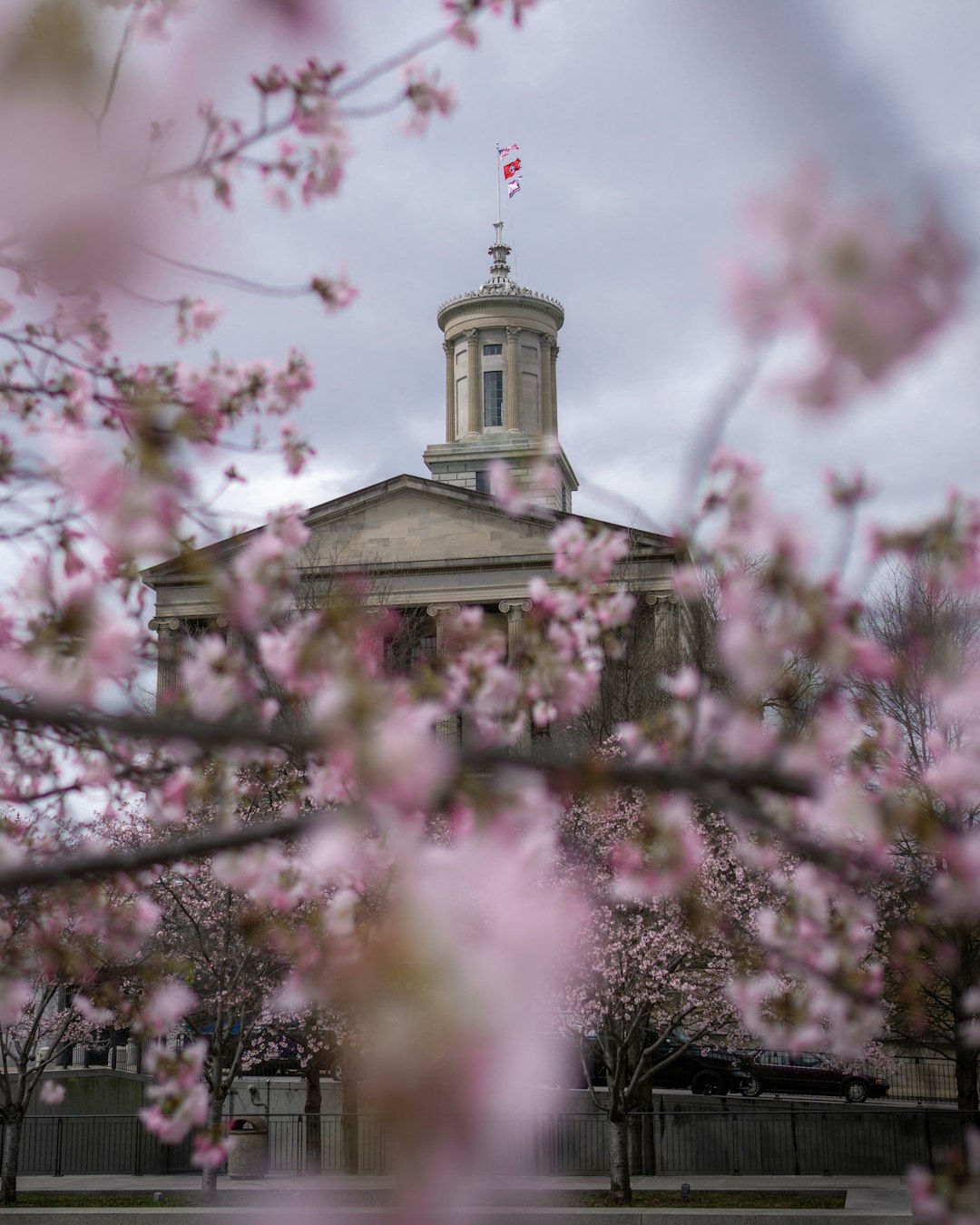What Happens When School Systems Invest in Teacher Compensation?
The answer is not really surprising

Back in March, I wrote about the possibility of making starting teacher pay in Tennessee $60,000 a year.
I noted that only 25% of Tennessee teachers ever earn more than $60,000 a year.
I also pointed out the state has the resources to afford this investment.
Since then, I’ve also noted that when Tennessee raised pay significantly for Corrections Officers (37%) and State Troopers (40%), there were immediate benefits.
The most immediate: Hiring managers now had pools of candidates competing for jobs. The long-term benefit may be that those candidates who are selected stay in the jobs because they are earning a living wage.
What would happen, then, if the state raised teacher pay? What if we made starting teacher pay in Tennessee $60,000 and gave every Tennessee teacher a significant pay raise?
For a little more than $600 million, Tennessee could raise starting teacher pay to $60,000 and give all teachers a substantial (10%+) pay boost.
Now, though, there’s also an example of what might happen. A school district in Oregon moved starting pay in the district from $38,000 a year to $60,000 a year. In the process, all teachers received at least a 15% raise.
The move was approved by 100% of union members voting.
The old pay scale went from $38,000 to $72,000. The new, compressed scale, ranges from starting pay of $60,000 to maximum pay of $86,000.
Education Week interviewed the Superintendent about the results:
In fact, teachers across the schedule were excited to see the shift. They relayed that they felt it set them up for a new set of professional teaching peers, more retention for their current peers, and was something that would have changed their own lives had it come in their early career.
Turns out, paying teachers a professional wage attracts people to the profession:
In recent years, we generally would be lucky to have a single applicant for a position, fully qualified or otherwise. After announcing the salary schedule change, we had pools of qualified applicants to consider. It was a fun spring. Our administrators were having to have these rich conversations about best fit, really digging into things like, ‘Here’s a full table of highly qualified people; who is going to best fulfill the needs of our school? It’s a conversation that most districts don’t get to have right now.
The Superintendent did note that compressing the scale helped and that if they’d kept the same step system, the top end of the scale would be $112,000.
While that may be unaffordable, it really should be the goal.
We should be able to both start teachers at $60,000 and have teachers be able to see six-figure salaries without leaving the classroom.
In the meantime, this example from Oregon shows what’s possible when political will makes use of available funding to invest in people.




I’m a teacher in Washington State making well over 100k. We sure don’t have a teacher shortage here!
Pay in MNPS definitely needs to be increased. As a teacher, I received a Cost-of-Living Adjustment that amounted to $3,500. Of course, my for benefits increased, so I didn't come out much ahead salary-wise. My rent has gone up $300 a month for the upcoming year., which completely wipes out any pay raise. I can never get ahead financially as a teacher. I've been teaching in MNPS for 17 years. We'll see who on the city council will advocate for teachers and if our new mayor will too. We need a real pay increase. I don't want to hear that "Nashville teachers are the highest paid in the state." It doesn't mean anything if we also have one of the highest costs of living. We need a 15-20% pay raise across the board to make living in Nashville feasible. We don't ask to be rich. We just want a modicum of financial security.